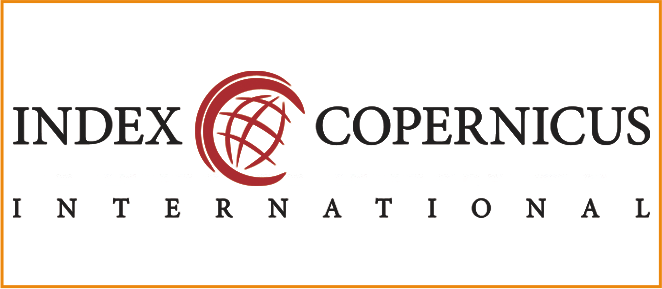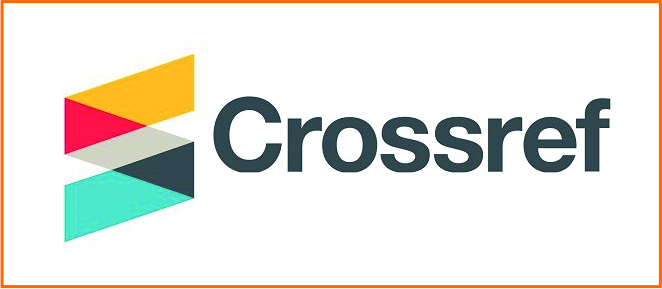Analisis Sentimen Vaksinasi Booster Covid-19 pada Platform Twitter Menggunakan Metode Naïve Bayes
Abstract
Since the end of 2019, the Covid-19 virus hit the whole world, including in Indonesia. One of the efforts to deal with the Covid-19 virus is vaccination. In Indonesia, the government requires people to vaccinate 3 times, that are First Vaccination, Second Vaccination, and Booster Vaccination. The public's response to the booster vaccine are varies. This study aims to reveal public sentiment towards booster vaccine activities. The research was conducted by collecting tweet data from the Twitter platform. The research was conducted by collecting data tweets from Twitter. The method used is the Naïve Bayes Classifier because the method is simple, the process is fast, and it has a fairly high level of confidence. In this method, public sentiment is divided into three, that are positive, neutral, and negative. The results showed that most people responded positively to this booster vaccine activity with a value of 56.8%, neutral as much as 39.9%, and negative as much as 3.3% with an accuracy rate of 86%.
Keywords
Full Text:
PDFReferences
A. Susilo and C. M. Rumende, "Coronavirus Disease 2019: Tinjauan Literatur Terkini," Jurnal Penyakit Dalam Indonesia, vol. 7, no. 1, 2020.
W. H. Organization, "WHO Coronavirus Dashboard," World Health Organization, [Online]. Available: covid19.who.int. [Accessed 8 November 2022].
C.-1. Hotline, "Situasi COVID-19 di Indonesia (Update per 12 November 2022)," covid19.go.id, [Online]. Available: https://covid19.go.id/artikel/2022/11/12/situasi-covid-19-di-indonesia-update-12-november-2022. [Accessed 12 November 2022].
C.-1. Hotline, "Situasi Covid-19 Nasional," covid19.go.id, [Online]. Available: https://covid19.go.id/situasi. [Accessed 12 November 2022].
P. A. Sumitro, D. I. Mulyana and W. Saputro, "Analisis Sentimen Terhadap Vaksin Covid-19 di Indonesia pada Twitter Menggunakan Metode Lexicon Based," Jurnal Informatika dan Teknologi Komputer, vol. 2, no. 2, pp. 50-56, 2021.
S. Lestari and S. Saepudin, "Analisis Sentimen vaksin Sinovac Pada Twitter Menggunakan Algoritma Naïve Bayes," SISMATIK, vol. 1, no. 1, 2021.
A. R. T. Aldisa and M. Aldinugroho , "Analisis Sentimen Megenai Vaksin Sinovac di Media Sosial Twitter Menggunakan Naïve Bayes Classification," Jurnal Teknologi Informasi dan Komunikasi, vol. 6, no. 3, 2022.
Z. Firmansyah and N. F. Puspitasari, "Analisis Sentimen Masyarakat Terhadap Vaksinasi Covid-19 Berdasarkan Opini Pada Twitter Menggunakan Algoritma Naïve Bayes," Jurnal Teknik Informatika, vol. 14, no. 2, 2021.
Herwinsyah and A. Witanti, "Analisis Sentimen Masyarakat Terhadap Vaksinasi Covid-19 Pada Media Sosial Twitter Menggunakan Algoritma Support Vector Machine (SVM)," Jurnal Sistem Informasi dan Informatika, vol. 5, no. 1, 2022.
F. Amaliah and K. D. Nuryana, "Perbandingan Akurasi Metode Lexicon Based dan Naïve Bayes Classifier Pada Analisis Sistem Sentimen Pendapat Masyarakat Terhadap Aplikasi Investasi Pada Media Twitter," Journal of Informatics and Computer Science, vol. 3, no. 3, 2022.
S. Ambiyar, R. Watrianthos and F. E. Verawardina, "Analisis Sentimen Pembelajaran Daring Pada Twitter di Masa Pandemi COVID-19 Menggunakan Metode Naïve Bayes," J. Media Inform. Budidarma, vol. 5, pp. 157-163, 2021.
DOI: http://dx.doi.org/10.36448/expert.v12i2.2812
Refbacks
- There are currently no refbacks.
EXPERT: Jurnal Manajemen Sistem Informasi dan Teknologi
Published by Pusat Studi Teknologi Informasi, Fakultas Ilmu Komputer, Universitas Bandar Lampung
Gedung M Lt.2 Pascasarjana Universitas Bandar Lampung
Jln Zainal Abidin Pagaralam No.89 Gedong Meneng, Rajabasa, Bandar Lampung,
LAMPUNG, INDONESIA
Indexed by:













This work is licensed under a Creative Commons Attribution 4.0 International License.







